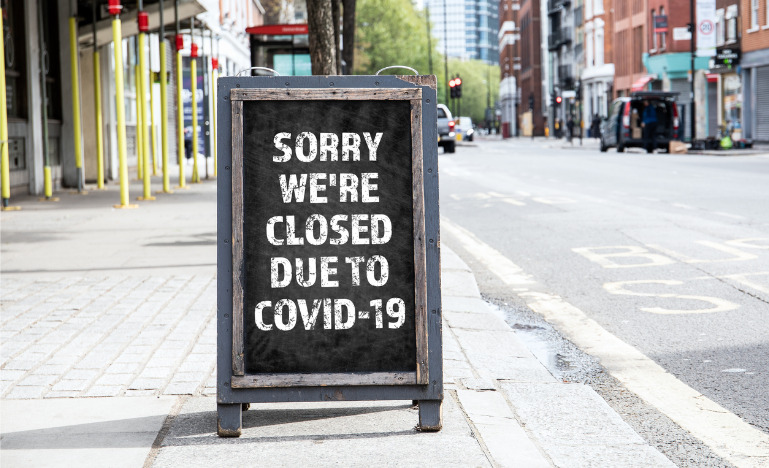The limits of insurance coverage in a pandemic
Covid-19 could alter the legal landscape for commercial insurance.

As the economy contracts and businesses shutter either voluntarily or involuntarily as part of the response to the current pandemic, we can expect to see business owners seek out financial relief from many sources, including their commercial insurance policies.
Many lawyers will be advising insurers and policyholders in the coming months about coverage for pandemic-related losses in a variety of different circumstances, only some of which will involve actual sickness or contamination.
Whether the concern is contaminated property, sickness, liability or business interruption, the analysis must start with reading the insurance policy. In some instances, the policy will expressly include or exclude this type of loss. In 2014, the Insurance Services Office (the U.S. counterpart to the Insurance Bureau of Canada. Among other things the ISO prepares standard insurance forms for the industry to adopt as it sees fit), offered “coverage for the loss of income a business faces when it follows orders to close during an Ebola outbreak” and about 15 years ago the ISO put forth an exclusion form for use in commercial policies which states it excludes: “loss or damage caused by or resulting from any virus, bacterium or other microorganism that induces or is capable of inducing physical distress, illness or disease.”
In any insurance policy that does not clearly include outbreak coverage or exclude losses arising from a virus, coverage contests between insurers and policyholders are likely to concentrate on whether the loss arose fortuitously or accidentally. Losses that do not arise accidentally tend to be outside the scope of commercial insurance whether or not the policy wording expressly uses the term accident or accidental. While most commercial property and business interruption insurance is written on an “all risks” basis, this term has long been judicially interpreted as limited to accidental, or fortuitous events outside of the ordinary course of events (Inland Concrete Limited v. Commonwealth Insurance Company, for example.)
In the 2009 Supreme Court of Canada ruling, Gibbens v Co-operators, Justice Ian Binnie held that in some cases, disease transmission may be accidental, but most of it is in the normal course of events and therefore not accidental:
For present purposes it is important to keep in mind that diseases are transferred from person to person through natural processes such as coughing or sneezing in someone’s presence “in the ordinary course of events”…
… Viruses and bacteria pass, directly or indirectly, from person to person, and occasionally across species. In the “ordinary language of the people”, an individual would not say on coming down with influenza that “I had an accident”. We come down with the flu “in the ordinary course of events”.
… Various forms of bacteria and viruses constantly make their way into our bodies, sometimes with little effect, and we in turn spread them to others. … It cannot be correct that passengers sitting in an airliner who catch the SARS virus through the externality of the plane’s air circulation system, or riders on a bus who catch “swine flu” from an infected fellow passenger, or people who contract any number of infectious diseases because of a failure to wash hands in disinfectant, or to smack a circling mosquito, have valid claims under an accident policy.
Although the Supreme Court in Gibbens was not dealing with commercial property or business interruption insurance, its words are compellingly appropriate to the present context.
Any lawsuits and court decisions on pandemic related insurance claims are months, even years, in the future. Time will tell if market demand increases for insurers to offer express coverage or if the industry responds with more widespread use of express exclusion clauses for viral contagion. In short, it remains to be seen whether or how the current pandemic will alter the legal landscape in the commercial insurance context.


